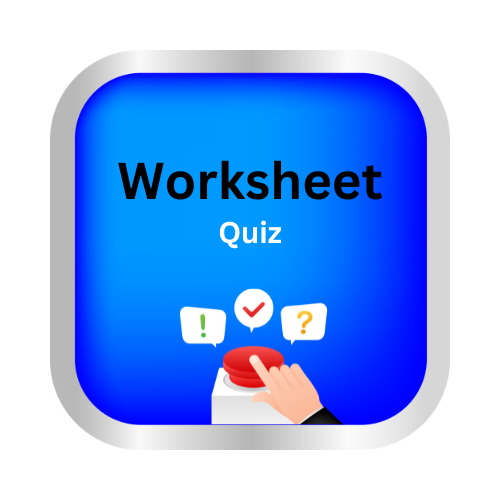Choose the antonym
Key Notes :
| What are Antonyms? |
Antonyms are words that have opposite meanings. Think of them as being on opposite sides of a seesaw. When one goes up, the other goes down! Understanding antonyms helps you expand your vocabulary and understand the nuances of language.
| How to Identify Antonyms |
Identifying antonyms is easier than you think! Here’s how:
- Understand the word: First, make sure you understand the meaning of the word you’re working with.
- Think of the opposite: What’s the first word that comes to mind when you think of the opposite meaning?
- Check your answer: Does the word you chose truly have the opposite meaning? Does it make sense in the same context as the original word?
| Examples of Antonyms |
| Word | Antonym |
| Happy | Sad |
| Big | Small |
| Hot | Cold |
| Up | Down |
| Fast | Slow |
| Light | Dark |
| Antonym Exercises |
Let’s practice finding antonyms! Choose the best antonym for each word below:
| ✏️ Exercise 1: Choose the Correct Antonym |
Choose the correct antonym for the bold word.
- The sunny day turned into a ___ evening.
a) bright
b) dark
c) warm
d) hot - He was brave enough to face the danger.
a) strong
b) scared
c) tall
d) serious - The bucket is full.
a) closed
b) big
c) empty
d) heavy - She always gives honest answers.
a) truthful
b) clear
c) funny
d) dishonest - We should include everyone in the activity.
a) welcome
b) ignore
c) exclude
d) accept
✅ Answer Key for Exercise 1:
1 – b) dark
2 – b) scared
3 – c) empty
4 – d) dishonest
5 – c) exclude
| ✏️ Exercise 2: Fill in the Blanks with Antonyms |
Write the opposite (antonym) of the underlined word.
- The boy is tall, but his sister is ________.
- My room is very clean, but my brother’s room is ________.
- It is day now; it will be ________ soon.
- The lion is a strong animal, but the rabbit is ________.
- This book is interesting, but that one is very ________.
✅ Suggested Answers for Exercise 2:
- short
- dirty
- night
- weak
- boring
| Next Steps |
Keep practicing finding antonyms! You can use a thesaurus to help you find antonyms for new words you learn. The more you practice, the better you’ll become at understanding and using antonyms in your writing and speaking.
Let’s practice!

